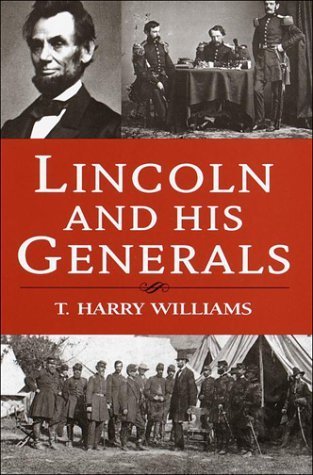What do you think?
Rate this book


363 pages, Hardcover
First published January 1, 1952
I have written in this book the story of Abraham Lincoln the commander in chief. I have not written a military history of the Civil War or a group biography of the principal Union generals or a description of the military organization of the North, although there is something of all of these in the book. My theme is Lincoln as a director of war and his place in the high command and his influence in developing a modern command system for this nation….